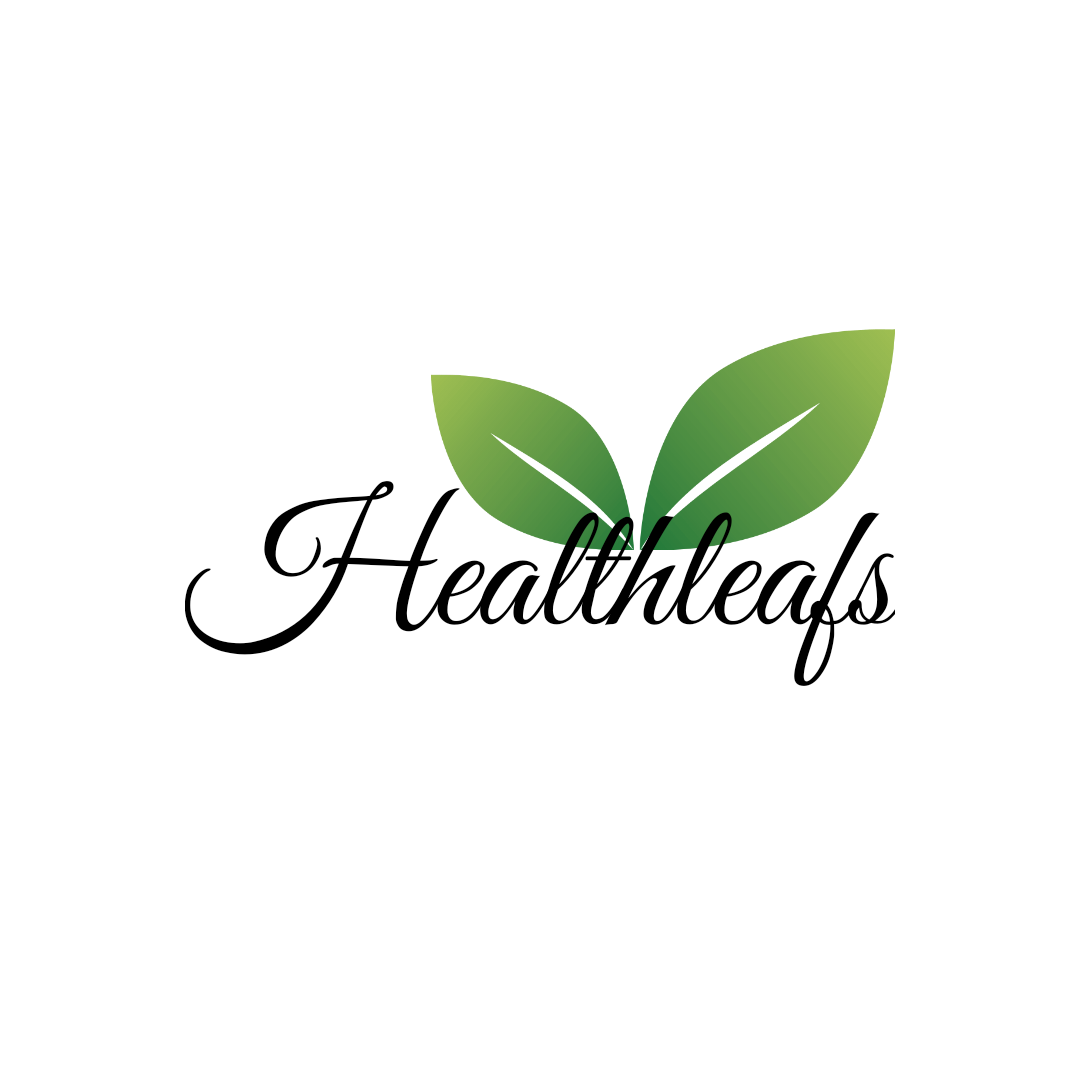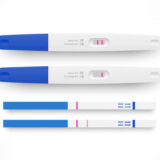Addiction can negatively impact a wide range of aspects of a person’s life

Addiction can negatively impact a wide range of aspects of a person’s life. The treatment of addiction is not standardized. They differ based on one’s needs. Factors like the substance one is abusing, the level of care required, the mental condition of the person, budget, communicating abilities of the person, etc should be taken into account while formulating treatment plans or choosing an addiction recovery center.
Check out these 5 treatment options for addiction that are proven to be successful.
Detoxification
Through detoxification, all traces of substances are eliminated from the body. Withdrawal symptoms are minimized and the experience is made as comfortable and safe as possible. Some of the withdrawal symptoms can be extremely life-threatening.
Usually, the process takes a few days. In most cases it is a successful process, however, some patients experience unnecessary withdrawal symptoms and become demotivated by many failed attempts or leave in between due to physical and mental limitations.
Detox doesn’t cure the underlying behavioral causes of the addiction, but it prepares a person to begin therapy by making them physically stable.
Cognitive Behavioral Therapy
Cognitive Behavioral Therapy (CBT) is a valuable treatment tool because it can be used for many different types of addiction like food addiction, alcohol addiction, and prescription drug addiction.
Treatments such as these reward desired behaviors while decreasing the likelihood of drug abuse. If a patient engages in undesirable behavior, disciplinary measures may be taken or privileges may be revoked. Clinical trials have shown that CBT is effective for impulsive behaviors, defiance, and substance abuse.
It helps patients in developing coping skills, identifying triggers, figuring out how to manage their maladaptive practices, and forestalling relapse. CBT is effective because it is often combined with other strategies.
Rational Emotive Behavior Therapy
Rational Emotive Behavior Therapy (REBT) is an action-oriented approach that helps patients recognize their negative thoughts, irrational beliefs and gives them ways to combat feelings of self-defeat.
During treatment, people learn new ways to effectively manage emotions, thoughts, and behavioral patterns in realistic ways. In addition, patients are helped to manage negative emotions such as anger, anxiety, guilt and depression through this therapy.
Stressful and self-defeating behaviors that hinder the quality of life and achievement, such as aggression, unhealthy eating, and procrastination, can also be modified with REBT. Methods and tools such as positive visualization, reframing thinking, use of self-help books and audio-visual guides, etc during the session.
12-Step Facilitation
Twelve-step facilitation therapy is used to treat alcohol and substance abuse. By promoting abstinence, it increases an individual’s chances of becoming involved in 12-step self-help groups.
There are several negative consequences of addiction, which include social, emotional, spiritual, and physical consequences, which are recognized in this kind of group therapy. Acceptance is the first component of this therapy, then surrender to a higher power, and then frequent meetings in groups.
12-step facilitation has been established in the treatment of alcohol addiction. It can be useful in the treatment of other kinds of substance abuse, although the treatment appears effective for helping drug addicts sustain recovery.
Treatment with Medication
Medications can help patients regain normal brain function and decrease cravings. Medication can help decrease cravings, improve mood, and reduce an addict’s behavior. Relapses are natural during treatment. Medications for addictions treatment aim to reduce the severity and extent of regressions during treatment.
Lofexidine, for instance, helps reduce withdrawal symptoms and cravings in individuals undergoing opioid addiction treatment. Acamprosate, for example, can reduce drinking addiction.
Doctors adjust dosages during the course of treatment as per requirement. The combination of medication and behavioral therapy can greatly enhance recovery and achieve sobriety.
You don’t have to fight addiction alone if you or someone you care about struggles with it.
Seek professional assistance. Addiction can be overcome with the help of these successful treatments.










